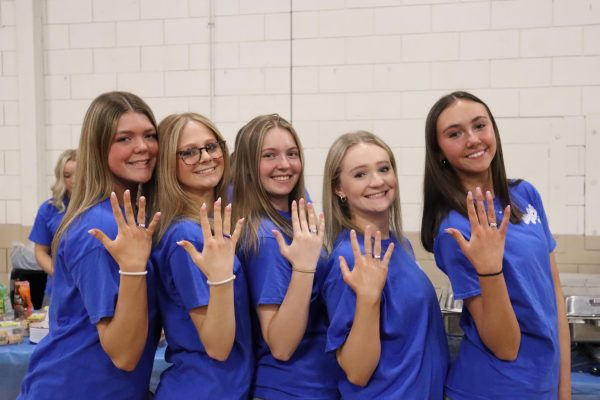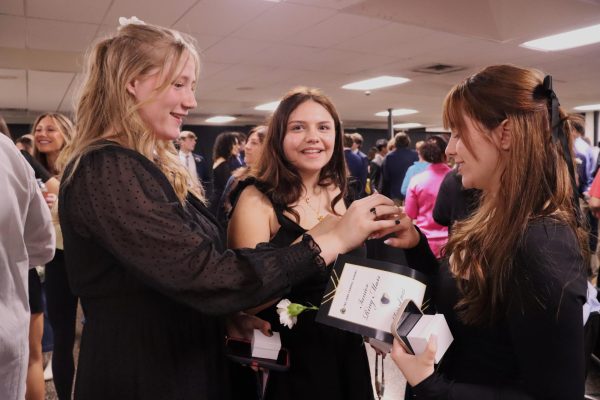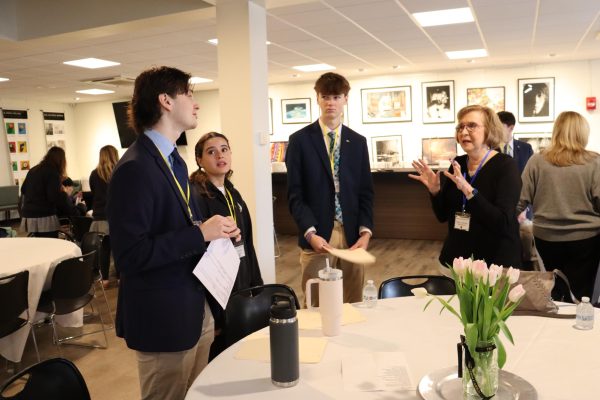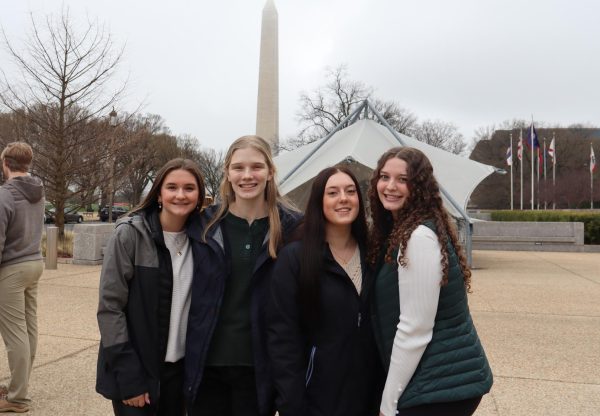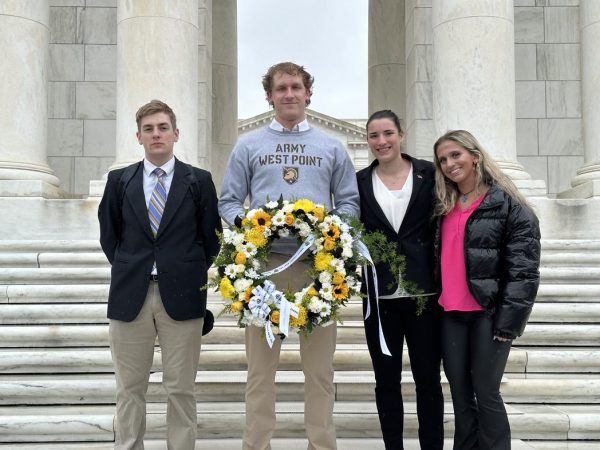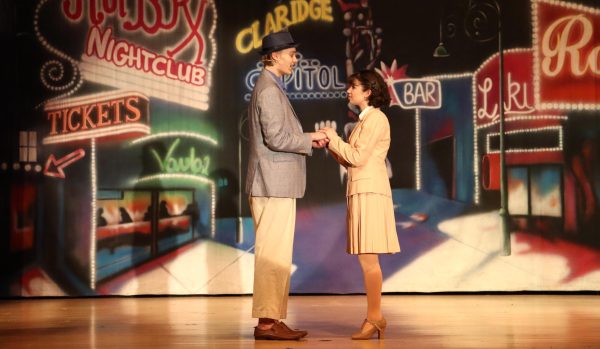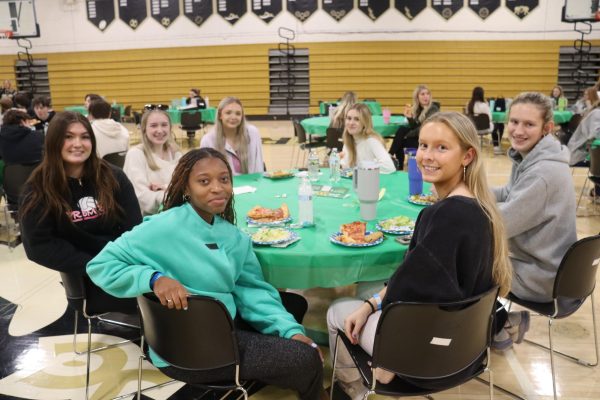AP Research students share valuable skills
March 24, 2022
With less than two months until the May 2 due date, John Carroll students who are currently enrolled in AP Research are on the last leg of the projects on which they have devoted the last seven months.
The class is taken by students who want to receive the AP Capstone diploma. To earn the diploma, students must pass AP Research, AP Seminar (the prerequisite to AP Research), and four additional AP tests of their choice. The class has a reputation for being rigorous.
AP Research teacher Dr. Andrew Ketchum summarized that students “choose a topic to research along with finding and defending a method of research. Once they have that, they work on gathering data from their methodology.”
Students must turn in a final paper which is then graded by College Board to determine whether they pass the class or not.
Dr. Ketchum further explained, “The final is a paper is around 4500 to 5000 words. Students also must do a presentation of about 15-20 minutes which is in the third and fourth weeks of April.”
Despite the intimidating workload, students like Uzair Shaukat are working on a topic of choice, allowing him to explore issues he is passionate about.
Uzair said, “I chose to research ‘The Effects of Domestic Crime on Academic Performance in Baltimore City School Districts,’” emphasizing the importance of safe access to education for all students.
Uzair said the reasoning behind his decision to research how academic performance correlates to domestic crime was because “I have observed a correlation between a decrease in academic performance and an increase of domestic crime.”
Like Uzair, fellow student Grace Welzenbach chose to relate her research project to education. “The topic of my AP Research project is ‘Inclusive Classrooms,’” said Grace, meaning she aims to support students of all learning capabilities with the same opportunities.
Taking AP research has allowed Grace to challenge herself academically and set habits for herself to use throughout life.
In regard to managing her work, Grace explains, “I have organized my workload by setting deadlines for myself and striving to hit these deadlines.”
Grace has also gotten an idea of what she wants to do in the future because of her research.
“I may want to become a special education teacher or work as an early interventionist,” said Grace.
However, not every AP research student is aiming to discover what career they want to pursue, but instead they taking the opportunity to educate themselves on something they are passionate about.
Ava Freeland said, “My topic is ‘How Desire for Cosmetic Surgery Relates to Feminist Identity.’ I chose it because I am interested in the ways in which people’s world views are shaped.”
Even though the project has not given Ava a clear understanding of what she wants to do in the future, she commented, “The topic of my research isn’t connected to the type of career I want to pursue, but the skills that I’ve gained will be very helpful in conducting future research.”
Dr. Ketchum has been observing students build upon their skills since the beginning of the school year.
He said, “I see [students] becoming more confident with research, finding ways of collecting data, increasing their confidence of asking people questions, and exploring people outside of the school community to do so.”
Students who are accepted into the Capstone Program and take AP Research are in for a daunting amount of work, but are sure to be repaid for their efforts in new academic skills.



